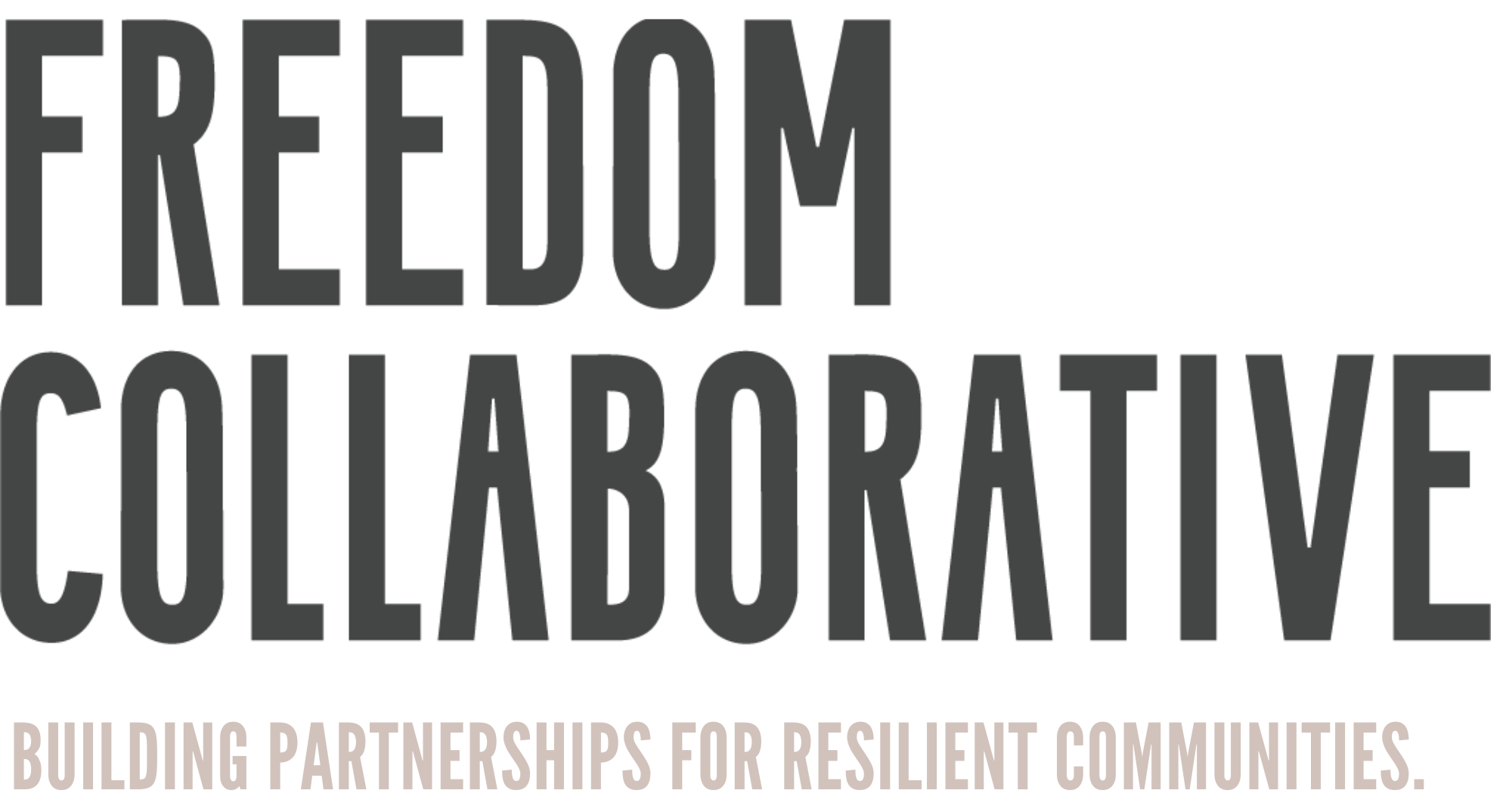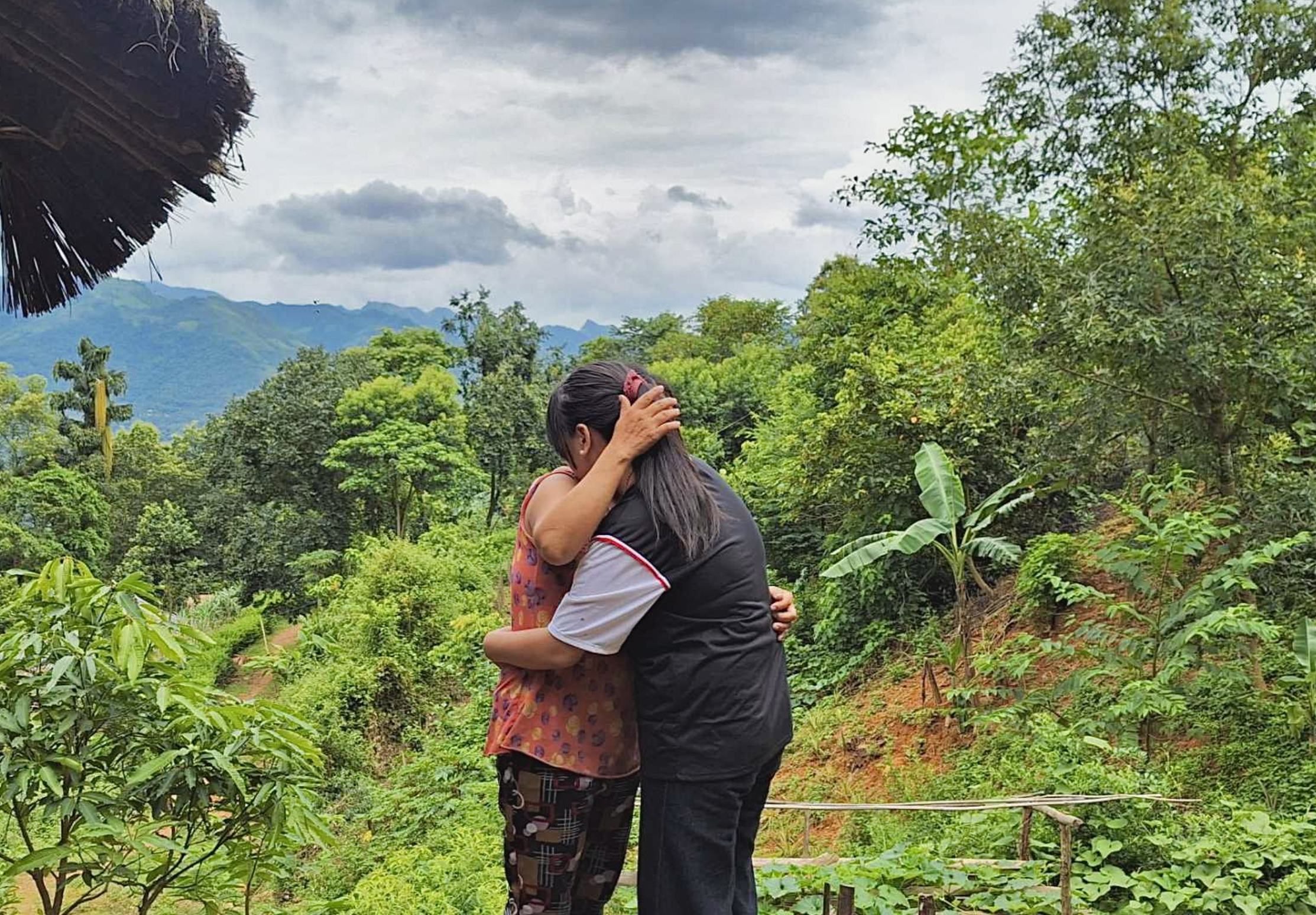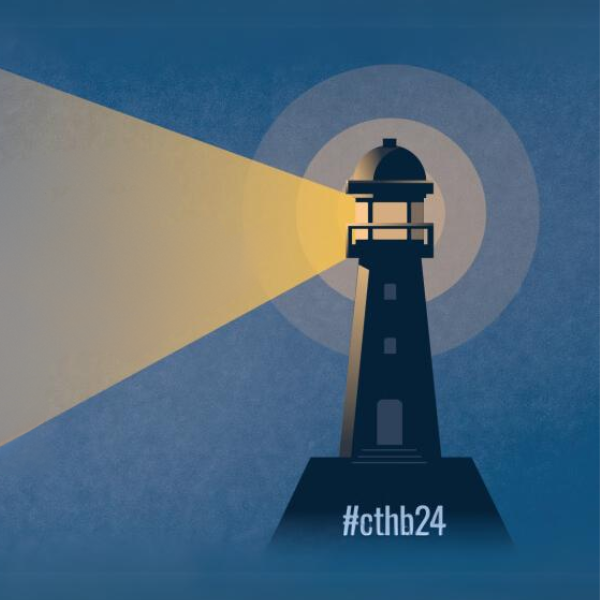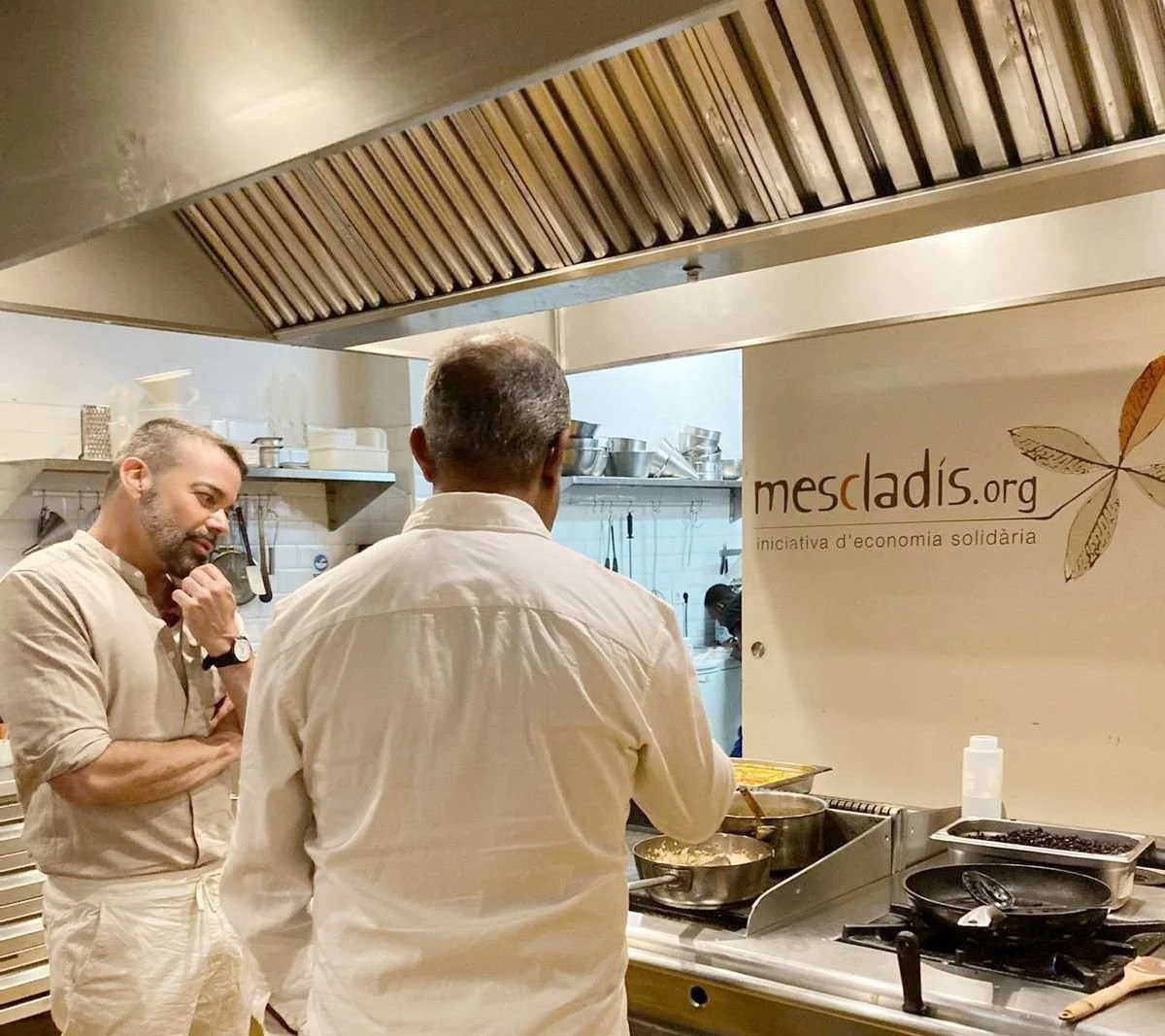Cracks in the System: child trafficking in the context of institutional Care in Europe
Lumos explores the connections between child trafficking and institutional care, the European Freedom Network brings its partner groups together to swap advice and expertise, and French NGOs call on public authorities to help sex trafficking victims escape exploitation for good.
© Lumos. Cracks in the System: Child Trafficking in the Context of Institutional Care in Europe.
Welcome to the first edition of Freedom Collaborative’s Europe newsletter. Every month we will provide an overview of the research projects and initiatives happening in Europe, as well as updates from organizations in the field.
This month, we are pleased to share Lumos’s recently launched report on the links between child trafficking and institutional care in Europe, including valuable recommendations on how to address the specific vulnerability of children in or at risk of residential care systems. We also bring you a summary provided by the European Freedom Network on the support they gave their members when the COVID-19 lockdowns were put in place across the continent, and hear from Fondation Scelles (Fondation Jean-et-Jeanne-Scelles) on the efforts being made in France to help persons in prostitution by extending residency permits and exit programmes.
Thank you very much for your contributions and support this month – we really appreciate it. Please keep sharing your updates with us via our Facebook group or by email.
Cracks in the System: child trafficking in the context of institutional Care in Europe
Cracks in the System is a new report from Lumos – the first of its kind to systematically explore the links between institutional care and child trafficking in Europe.
For years it has been known that traffickers directly target children from the care systems of many countries for recruitment into trafficking, and that care leavers are at even greater risk of exploitation. Despite this, laws and policies across Europe seldom connect the issues of child institutionalization and child trafficking.
Lumos would like to highlight the term ‘institution-related trafficking’, which is used throughout the report and is key to its findings. Institution-related trafficking is the umbrella term used to refer to the various manifestations of human trafficking in the context of institutional care for children.
The research identifies four main ways in which trafficking is linked with institutions for children:
Children are recruited and trafficked into institutions, solely for the purpose of financial profit (‘orphanage trafficking’) and other forms of exploitation;
Children are trafficked from orphanages/institutions into other forms of exploitation;
Child trafficking victims and unaccompanied children are often placed in institutions for ‘protection’, which can put them at risk of trafficking and re-trafficking;
Care-leavers are more vulnerable to exploitation and trafficking
The above infographic displays the linkages visually.
Cracks in the System aims to synthesise, appraise and build on current evidence around the phenomenon of institution-related trafficking and its manifestations in diverse contexts across Europe. Importantly, it also provides recommendations on how to address children’s vulnerability to exploitation when they are in or at risk of institutional care in Europe.
EFN supports its members in adjusting their service provision and outreach activities
When it became evident that COVID-19 lockdowns would be imposed across Europe, the European Freedom Network (EFN) ran an online discussion to support partner NGOs that were running outreach and aftercare for sexually exploited people.
Dr Katherine Welch of Relentless, a project that offers training and resources at the intersection of health and justice for trafficked people, shared advice and information on the health and medical aspects of keeping beneficiaries safe through the pandemic. Erika Tello from Alleanza Tesori Raggianti, which promotes healing and restoration for victims of sexual exploitation in Italy, shared her personal experience of dealing with lockdown as one of the first to go through it, when Italy was hit by early waves of infection. The group decided to keep meeting for support and to exchange ideas.
Early on, concern was expressed about how to continue to reach potential victims now that staff were confined to their homes and could no longer visit brothels or the streets. Together as a group, EFN decided to embark on a learning journey to work out how to reach potential victims through online platforms. George-Marius Șinca from Abolishion, which aims to break the systems that keep people in sexual slavery, coached the group on how to set up tech that would allow them to work from home in safety. Several NGOs brought their thoughts and concerns to the table and the group worked through them together. Partners also held discussions on building trust with victims online, how to contact them, staff protection, accountability and care, and identifying people.
EFN partners in Italy, France, Georgia, Spain, the UK, Bulgaria, Romania, Germany and Austria are now establishing ministries in this area that will continue after the lockdowns end.
NGOs in France call on public authorities to give more support to sexual exploitation victims
For women and girls trapped in situations of sexual exploitation in France, the Covid-19 crisis brought with it the risk of homelessness, poverty, disease and further exploitation, according to Fondation Scelles, which works to combat all forms of commercial sexual exploitation. Most of the women and girls were left on their own by their traffickers or pimps. Being illegal migrants and without money or food, they were unable to return to their home countries and struggled to survive.
Sex trafficking activities decreased during lockdown, but some victims had to continue online under pressure from their traffickers or pimps. They were therefore exposed to further violence and abuse, and were also unable to protect themselves from contracting coronavirus.
Despite lockdown conditions, NGOs reorganized to tackle the emergency and continued to provide support to victims via the internet, regular telephone calls or even on the streets. Their main concern was to provide urgent aid to victims (and their children): the distribution of food and hygiene products, services vouchers, financial aid, and accommodation (access to shelters or hotel rooms). For some victims, this break was a catalyst that made them resolve to escape their situation – according to NGOs, many women asked for help in accessing a long-term plan to exit prostitution.
Taking the opportunity that lockdown provided, 27 NGOs combating violence against women called on public authorities to offer more support to sexual exploitation victims, including urgent financial aid to help lift people out of poverty, and the implementation of existing laws against online pimping. In response, the government extended residency permits to protect foreign victims included in these exit programmes, among other measures.
More News across Europe:
On Friday, the European Commission launched their new strategy for a more effective fight against child sexual abuse, providing a framework for action in 2020-2025. This includes a new European Centre to prevent and counter CSA. The EU's new strategy states that they see the WePROTECT Global Alliance as "the central organisation for coordinating and streamlining global efforts and regulatory improvements, and bringing about a more effective global response."
Thousands of migrant strawberry pickers from Morocco are trapped in Spain in terrible living conditions, with local groups calling it a humanitarian crisis. Meanwhile, farming businesses are trying to end their dependence on Moroccan workers.
Migrant sex workers in the UK are increasingly targeted by police for arrests, raids and deportations, and this has got worse since the Brexit vote. The English Collective of Prostitutes has been fighting these injustices and documents some of the women’s stories and struggles over the past decade in a newly released short film.
For years, German activists have said that fair global business practices would necessitate a supply chain law that would require companies to check human rights and environmental standards. Now the plan by two German ministers to propose a due diligence law for supply chains has sparked a fierce debate in Europe’s largest economy over how to meet human rights and fair competition standards in a globalized world — and who is responsible for ensuring it happens.
Share your news
Post your experiences from the field and initiatives to feature





